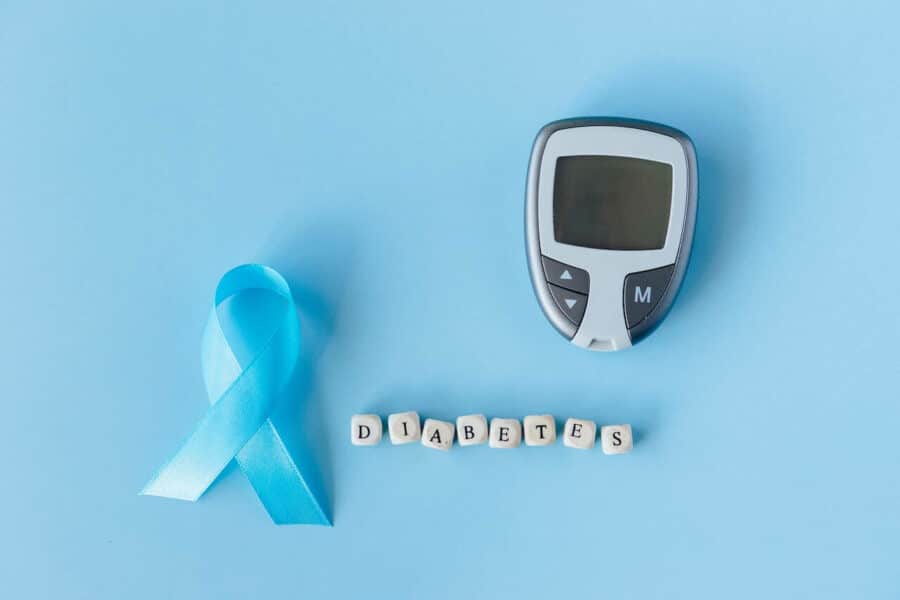Introduction
Lactulose is a commonly used medication for treating constipation, known for its mild and safe properties. In this article, we will explore the possible side effects of lactulose, its usage in different populations, and medications that should not be taken alongside it.
Possible Side Effects of Lactulose
Lactulose is generally well-tolerated, but like any medication, it can have side effects. These include:
- Abdominal Discomfort: Moderate doses may lead to abdominal pain and a burning sensation.
- High Doses: Excessive use can result in severe diarrhea and vomiting.
While these side effects are possible, they often subside after a few days of medication. In rare cases, more serious reactions can occur, such as electrolyte imbalances. If you experience severe side effects, it is important to:
- Stop Taking Lactulose: Discontinue use immediately.
- Hydration: Replenish fluids to avoid dehydration.
- Electrolyte Balance: Seek medical attention to restore electrolyte balance.
Lactulose Usage in Special Populations
Lactulose is considered safe for a wide range of individuals, including:
- Pregnant Women: Due to its non-absorbable nature, lactulose is generally safe for pregnant women.
- Children: It can be used in pediatric cases, under medical supervision.
- Elderly: The elderly can benefit from lactulose without increased risks.
Medications That Don’t Mix with Lactulose
Certain medications should not be taken concurrently with lactulose, as they can lead to adverse interactions. These include:
- Thiazide Diuretics: Lactulose use alongside thiazide diuretics may accelerate potassium loss.
- Hormonal Drugs: Hormonal medications may interact adversely with lactulose.
- Amphotericin B: Avoid combining lactulose with amphotericin B due to potassium loss risks.
- Cardiac Glycosides: Combining lactulose and cardiac glycosides may amplify the effects of cardiac glycosides, leading to toxicity.
- pH-Dependent Medications: Some drugs, such as 5-aminosalicylic acid, rely on pH levels. Lactulose’s pH reduction may affect their efficacy.
Conclusion
Lactulose is generally a mild and safe medication for managing constipation. However, it is essential to be aware of potential side effects and drug interactions. Always consult your healthcare provider or pharmacist regarding your medication history before taking lactulose, and consider taking medications at separate intervals to prevent unwanted interactions.


